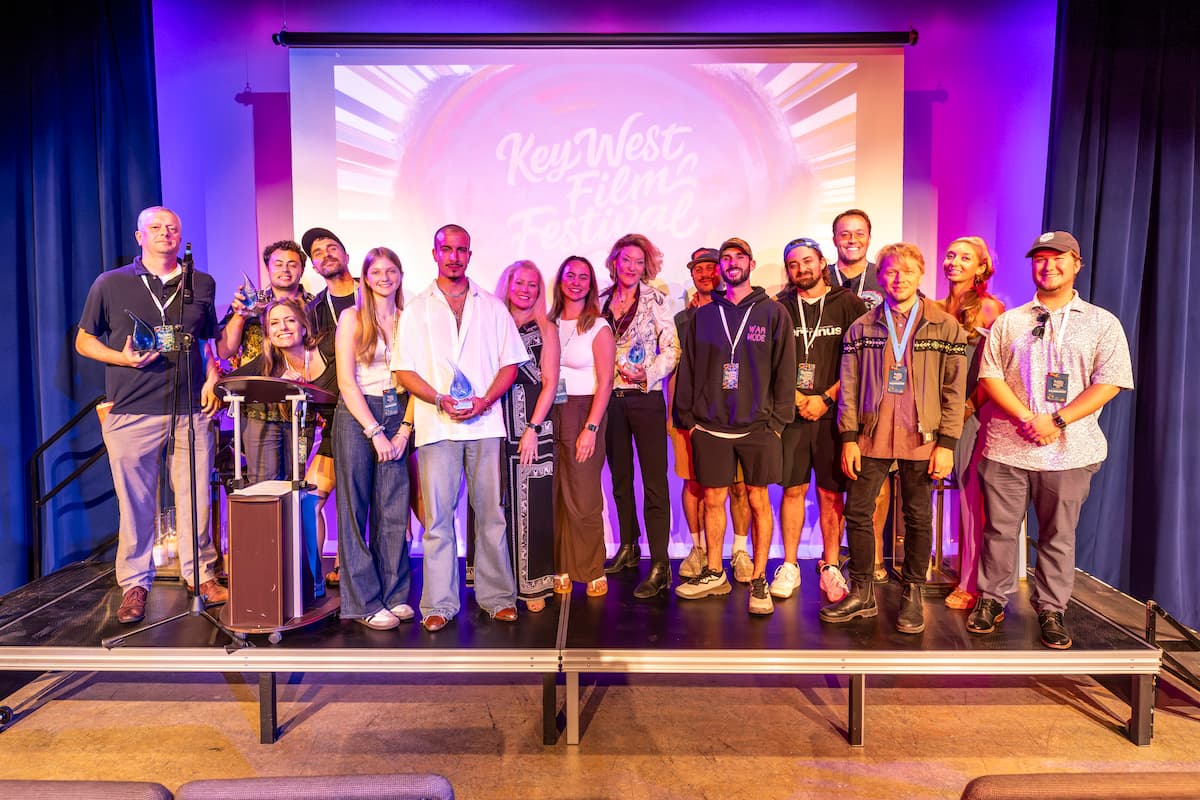Key West Marks Jaws 50th Anniversary, Focuses on Shark Conservation
Tropic Cinema in Key West hosted a two day program on November 14 and 15 that paired screenings marking the 50th anniversary of Jaws with conservation messaging and local research presentations. The events brought marine scientists from The College of the Florida Keys and regional organizations to the stage, highlighting the intersection of culture, tourism, and reef health for Monroe County residents.

On November 14 and 15 Tropic Cinema in Key West staged a program that combined film history with marine science, marking the 50th anniversary of the 1975 release of Jaws. The event included a documentary screening and a question and answer session with Wendy Benchley, alongside a shark science program featuring local marine researchers and presenters from The College of the Florida Keys and other regional science organizations. Organizers paired the film anniversary with conservation messaging and local research presentations to put popular culture in the service of local ecological issues.
The programming deliberately linked the cultural resonance of Jaws with contemporary concerns about sharks and reef ecosystems. For Monroe County, where reef related tourism, recreational fishing, and marine research are central to the local economy and community identity, the event served as both education and outreach. By bringing scientists into a popular public venue, the screenings expanded access to research findings that bear directly on local debates about fisheries management, species protections, and habitat restoration.
Featuring speakers from The College of the Florida Keys reinforced an emphasis on locally produced science. Regional researchers used the platform to explain ongoing projects, outline data on shark populations and reef condition, and present opportunities for community involvement in monitoring and conservation. The format allowed residents, students, and visiting tourists to engage with empirical findings rather than with the sensational imagery that the original film presented to a broad audience five decades ago.
Beyond the immediate educational benefit, the event also has economic and policy implications for Monroe County. Cultural programming that connects to environmental stewardship can extend the tourist season and attract visitors who value conservation oriented experiences. It can also build public support for policies that rely on scientific data, including managed access to sensitive habitats, targeted funding for reef restoration, and collaborative research initiatives between local institutions and federal or state agencies.
Local community impact came through outreach to school age residents and informal education for business owners and fishers who depend on healthy marine systems. Events like the Tropic Cinema program create space for sustained dialogue between scientists and stakeholders, which is a necessary condition for durable conservation outcomes. With its mix of film, history, and science the Jaws fiftieth anniversary program in Key West offered a model for how cultural anniversaries can be leveraged to advance understanding and policy that matter to Monroe County.
